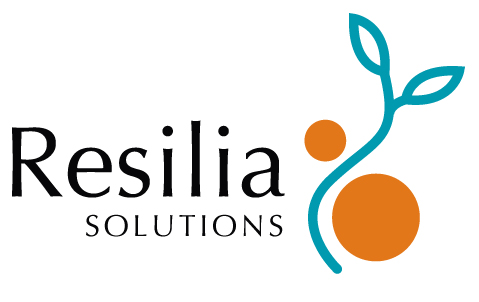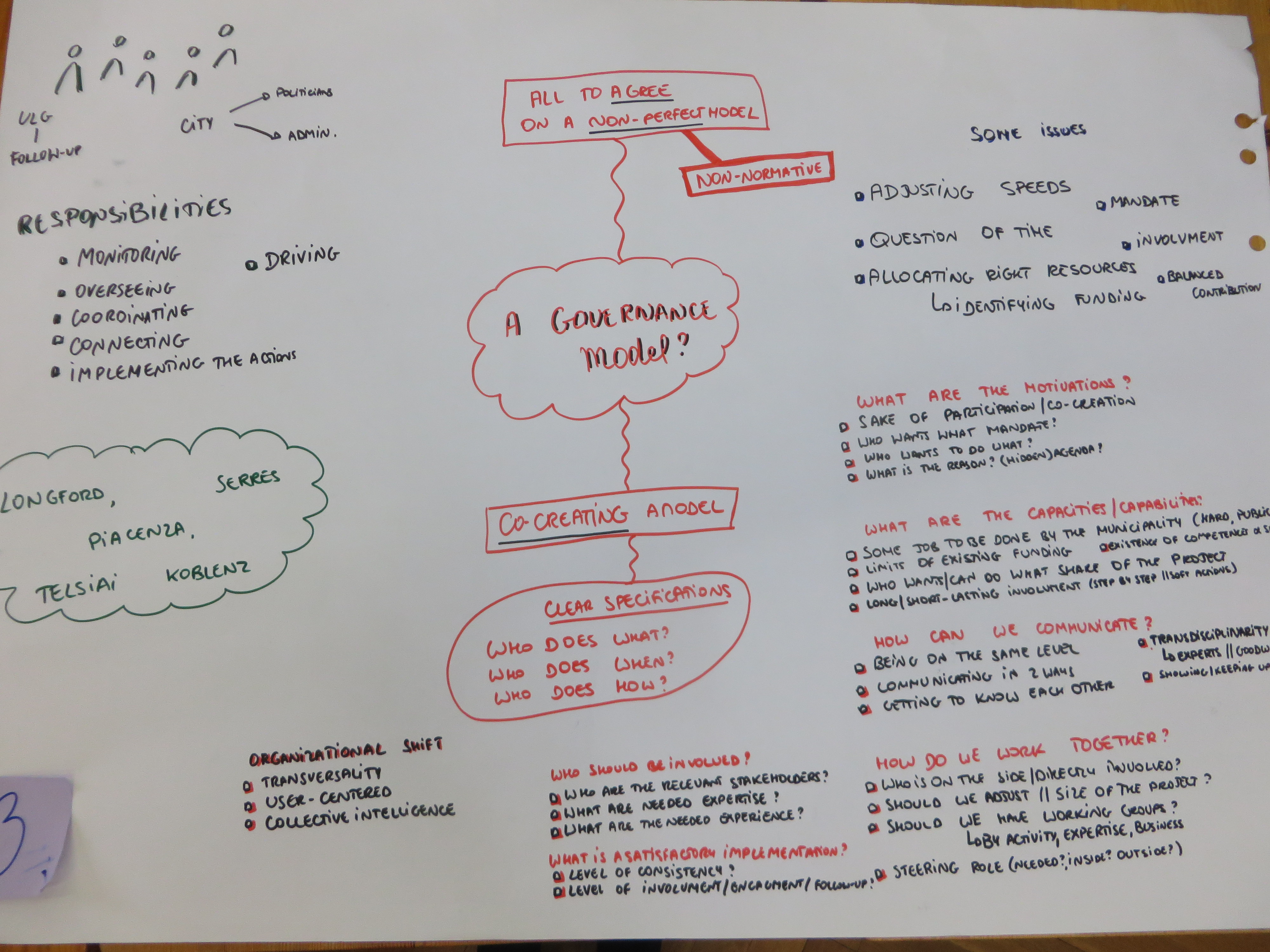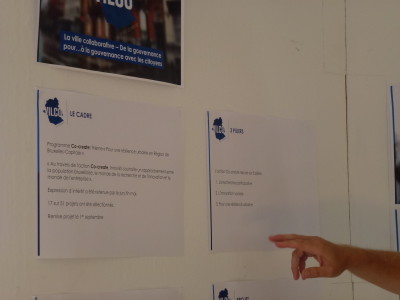
The URBACT City Festival in Lisbon, Portugal, on 12-14 September 2018, was the third URBACT City Festival that had taken place and that I had attended. Back in 2015, the first City Festival in Riga promoted the launch for the new URBACT III Action Planning Networks and we facilitated a workshop on our capitalization work on Social Innovation in cities, together with François Jégou. The second City Festival, in 2017 in Tallinn, promoted the 97 labelled Good Practices and I facilitated two workshops including one citizens’ and stakeholders’ participation for environmental projects. This years’ festival was going back to the Riga one by celebrating the URBACT III APNs, where François Jégou and I diffused the outcomes of the REFILL network on Temporary Use.
URBACT is good at capitalising: at extracting what takes place in cities in order to make it visible to other but also at gratifying those making a positive change, and acting as drivers, at home and beyond, for a more sustainable society. My fanaticism for URBACT is not new.
Continue reading

